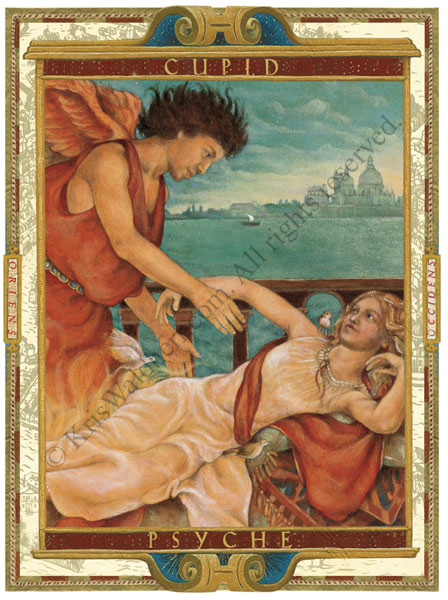publishing 101: literary agents — do you need one?
One of my recent posts about publishing flushed out a question about literary agents. In this day and age, literary agents do make it a lot easier to get published. But do you have to have one to get published?
Here’s my wishy-washy answer: Yes and no.
On the “yes” side:
1. You can get published without a literary agent. But not everywhere. Generally speaking, most large established publishers refuse to consider book submissions unless they are represented by an agent.
2. Which means that many smaller houses (which may be very established and venerable in themselves) are open to unrepresented authors. To smaller houses, add specialty markets: academic, technical presses, literary fiction, and so on. However, they may not offer the distribution and financial muscle that a larger house does.
(The advantages and disadvantages of large versus small publishing houses is worthy of a separate post.)
3. Children’s book illustrators can often get published without agent representation. Even if a publisher will not consider unsolicited picture book manuscripts, they usually will look at illustration portfolios, which usually include book dummies with manuscripts and the like.
On the “no” side:
1. See above. You cannot get published without a literary agent at the majority of established publishers. Why? It takes too much time and money to wade through the “slush” pile for that rare diamond in the haystack. (How’s that for mixing metaphors?)
Is this unfair? Perhaps. But I can tell you that based on my short-but-not-so-sweet experience reading unsolicited manuscripts, maybe one (or less) in one hundred manuscripts are worth showing to an acquisitions editor. Sobering, isn’t it?
2. Literary agents provide editors with a valuable service as acting as a gatekeeper by prescreening manuscripts for them. And publishing houses don’t have to pay agents a wage, unlike editorial assistants or a freelance readers.
3. Literary agents earn a fee based on the sale of the book; generally speaking, 15% of the book advance. (In the interest of public service, let me add that a reputable literary agent will never ever charge a reading fee or a fee for representation. Ever. If they do, run far, far away.)
Accordingly, it’s in the agent’s interest to only represent manuscripts that they believe have a serious chance of reaching print and will command a serious advance. Otherwise, they are wasting their time as well as the editor’s. Waste an editor’s time = lose professional credibility = not make money. Not smart to do if an agent wants to stay in business.
So where does that leave the aspiring author or illustrator who wants to sell their first book? Here are a few questions to help you decide whether you need a literary agent or not.
~ What type of book you want to get into print? Children’s picture book? Scholarly bio? Nonfiction with a highly specialized market? Or are you writing a potboiler novel with wide mass appeal?
~ What type of publisher do you want to publish your book? Check out their submission guidelines. Large house with many imprints? Small literary house? Academic press?
~ Where do you see your career going — one book in a lifetime or a lifetime as an author? Do you simply want to see your book in print? Or are you looking for a black swan of a payout?
These are but a few of the factors to consider when deciding if you need a literary agent. Once you do decide, proceed accordingly.


